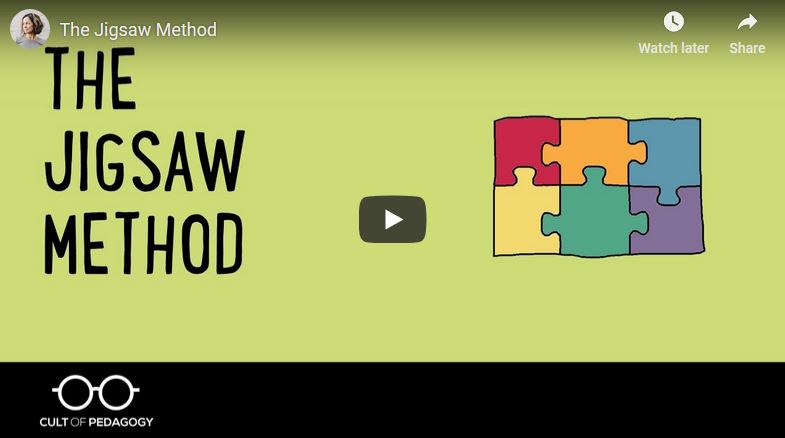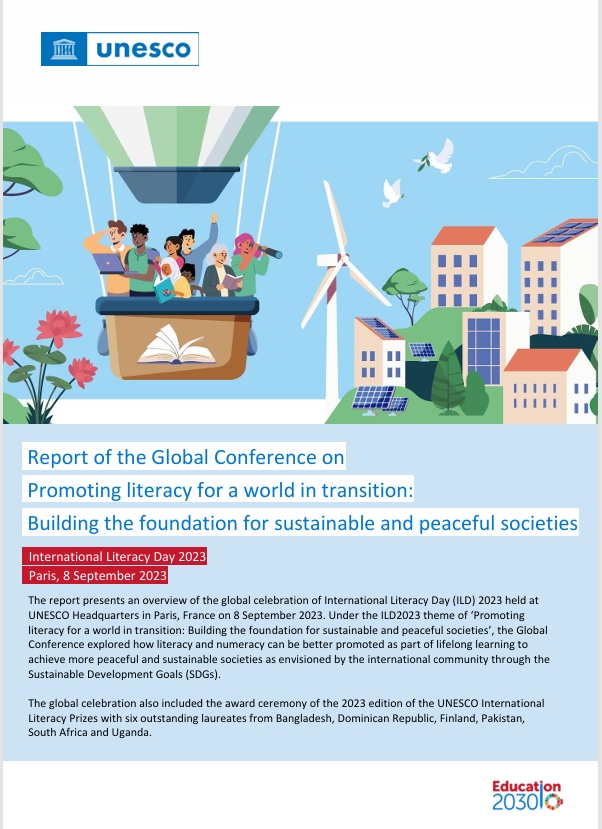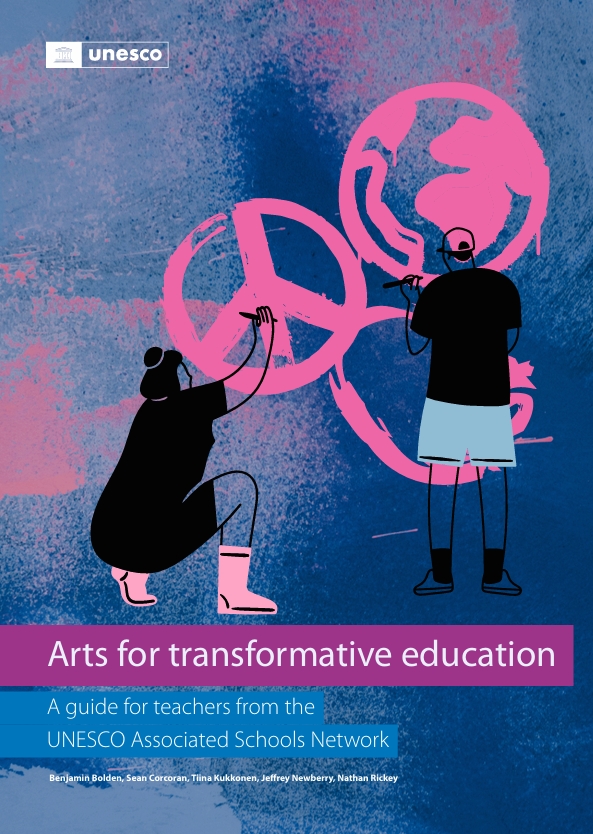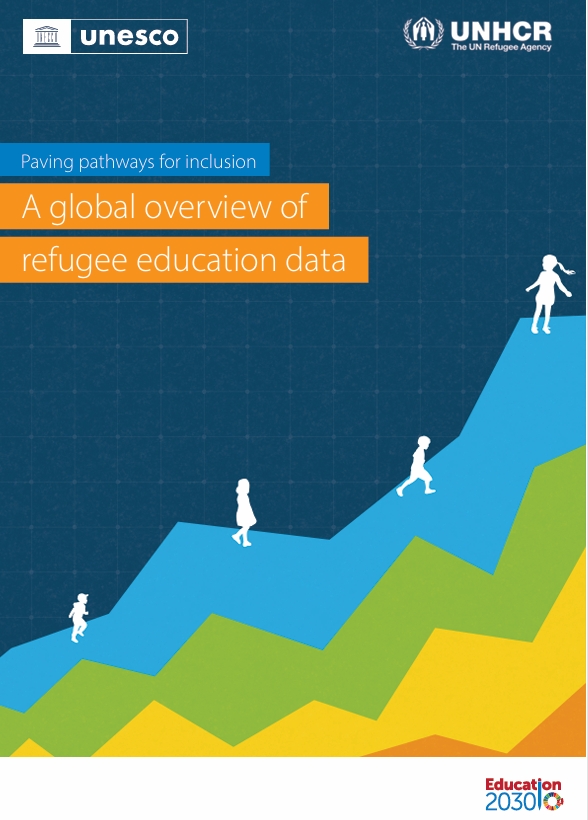Story Source: Edutopia ~ Go to Original Article
Jennifer Gonzalez’s popular site Cult of Pedagogy provides the most comprehensive explanation of the jigsaw method—a peer-to-peer learning strategy—that we’ve seen on the web. While the method has been around since at least the 1970s, it’s still a relevant approach grounded in evidence.
In their seminal review of learning research, first published as the book Visible Learning in 2008 and updated periodically in list form, John Hattie and Gregory Donoghue describe the jigsaw activity as having the “potential to considerably accelerate student achievement.” They noted that it was the only instructional strategy they looked at that worked across all four of the crucial “learning quadrants,” moving children from “acquiring learning” through “consolidating deep learning.” ……..






